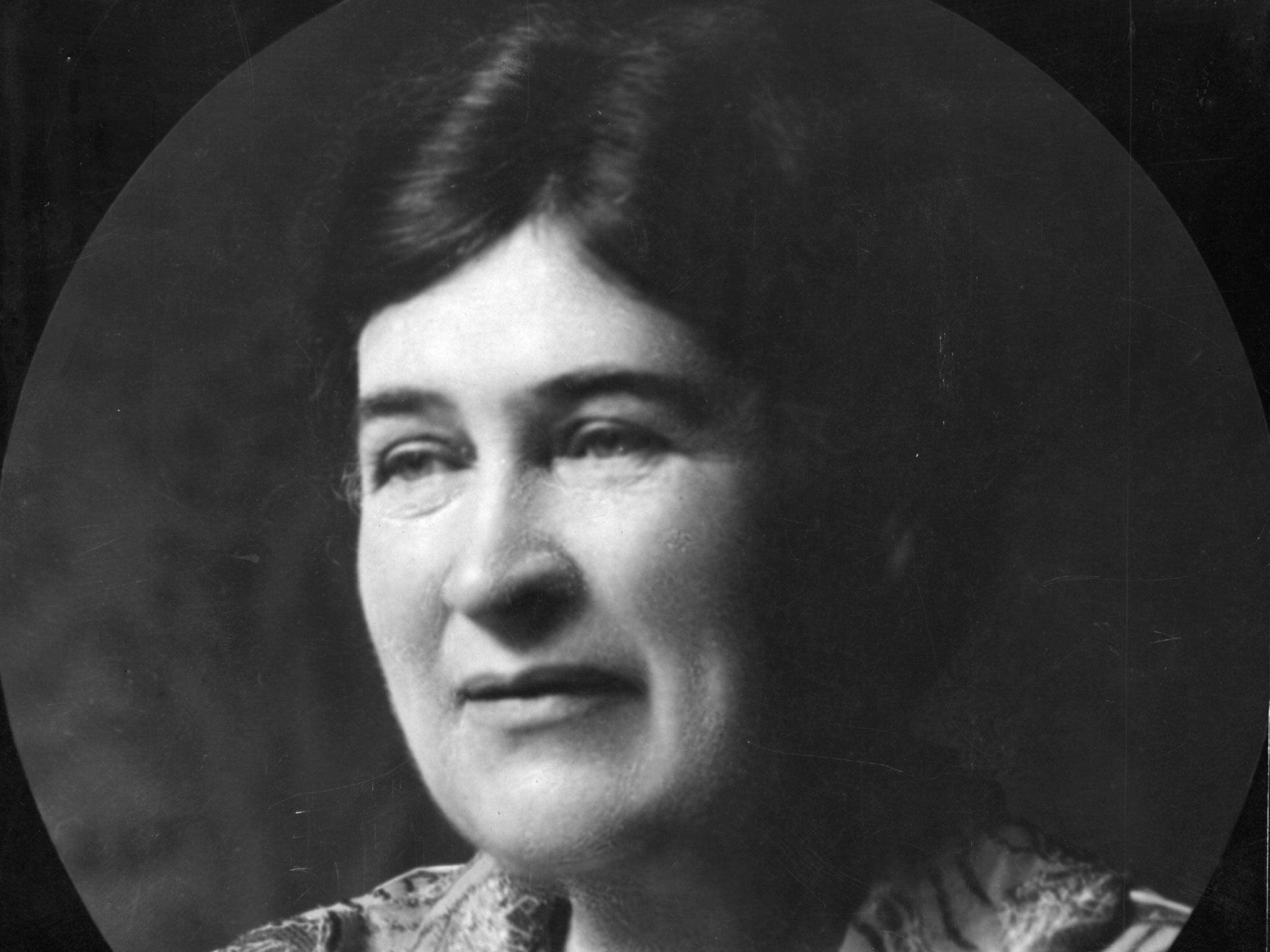Invisible Ink: No 182 - Willa Cather

When Dorothy got home to Kansas it always seemed to me she'd been sold a pup; Oz was far more exciting than the hardscrabble toil of her family homestead. Life for settlers in the "oblong states" of the West was tough, mean and short. Reading Willa Cather, I'd assumed she knew about frontier life on the Great Plains because, although her family was originally Welsh, she'd been born on a farm in Virginia in 1873. But the Cathers were an upwardly mobile family; Willa's father had switched from farming to real estate and insurance, and Willa went to the University of Nebraska. After she began to get articles published she switched her major and became a writer.
She was, however, deeply affected by her earliest years on what was still the frontier, surrounded by impoverished immigrants and Native American families. The weather, the land and the people who fought so hard to establish themselves on it – at a bitter cost to their immediate happiness – fascinated her. However, Alexander's Bridge, her first novel, concerned a construction engineer's guilty affair and the symbolic collapse of the bridge he designs. It wasn't until her "Prairie Trilogy", which chronicled the harsh lives of Swedish pioneers, that she found lasting acclaim. She wrote of bravely independent women in the most unsentimental terms, and considered most female authors to be overly romantic, preferring to embrace powerfully masculine values. Cather's emotional attachments were with women, although she expressly preferred not to be labelled a lesbian, and routinely destroyed all correspondence and even drafts of books that might have contained hints about her private life.
In 1922, her superb novel One of Ours won the Pulitzer Prize. It's the story of a romantic man left unfulfilled by marriage, an idealist without an ideal, and dissects a particular kind of American personality, someone subsumed by a gnawing restlessness after the disappearance of the American Frontier, when there seemed nothing more to fight for.
Perhaps her greatest novel, though, is My Antonia, the last volume of her trilogy, which brought the American West vividly to life and is still regarded as a masterpiece. Considering the toughness of her books, it's surprising that by the 1930s critics considered her an irrelevant romantic, out of touch with the hardships of the Great Depression. To modern readers, her novels are a refreshing astringent to the equivalent female British authors of the time. Some of Cather's books have recently been republished.
Join our commenting forum
Join thought-provoking conversations, follow other Independent readers and see their replies
Comments
Bookmark popover
Removed from bookmarks